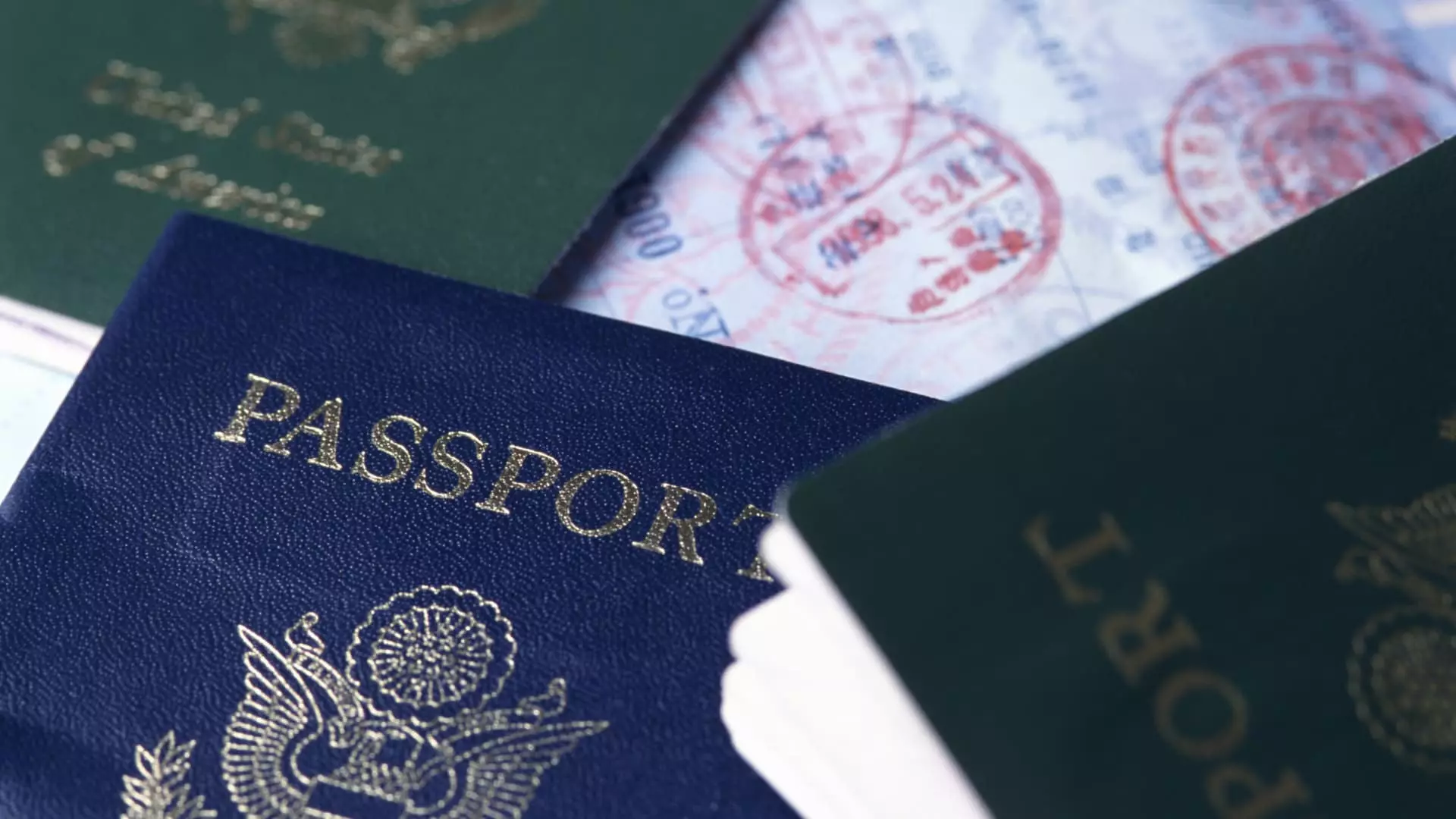In an astonishing display of international mobility, Singapore secures its position at the top of the Henley Passport Index once again. While the rankings might seem like mere statistics, they underscore a broader narrative about national influence, diplomatic strength, and global trust. This tiny nation, often celebrated for its efficiency and strategic diplomacy, has cultivated a visa-free access network that surpasses many larger, historically dominant powers. The fact that Singapore can grant its citizens access to 193 countries without visas not only highlights its diplomatic finesse but also signals a shift in global perceptions of sovereignty and respect.
This leadership is not incidental. It reflects Singapore’s consistent efforts to build an image of neutrality, stability, and forward-thinking diplomacy. The strength of its passport translates into tangible advantages—not just in ease of travel but in economic opportunities, foreign investments, and soft power. Being at the top of such rankings has become a symbol of trustworthiness and influence in the international arena, signaling to other countries that Singapore’s diplomatic engagement translates into tangible privileges for its citizens. It is not merely a privilege today but a strategic leverage that enhances Singapore’s global stature.
The Decline of Traditional Powerhouses and the Rise of New Players
While Singapore enjoys its top spot, the rankings reveal a broader narrative of the shifting global landscape. Traditionally, passports from the United States and the United Kingdom led the world, symbolizing their historical superpower status. However, the latest data shows these nations slipping from their dominant positions to the 10th and sixth places, respectively. This downward trend is more than a statistical anomaly; it points to a geopolitical reality where the very notion of “power” is evolving.
The declining ranks of Western passports suggest a waning influence in global mobility, possibly reflecting internal political uncertainties, stricter visa policies, or shifting alliances. Conversely, Asian powerhouses like Japan, South Korea, and the Gulf countries such as the UAE have ascended rapidly, signaling a rise in regional influence and diplomatic robustness. The UAE’s leap into the top 10, with a 34-place increase over a decade, exemplifies how economic resilience and strategic diplomacy can translate into tangible global trust. The movement of China forward by 34 spots, despite its restrictive visa policies vis-à-vis Europe, reflects its expanding economic clout and growing soft power.
This trend hints at a rebalancing of global influence—where traditional superpowers are not necessarily the most mobile or internationally trusted, and emerging economies are asserting stronger diplomatic presence. The shifting rankings provoke questions about how countries can adapt their diplomatic strategies to remain competitive and retain their citizens’ global mobility.
Implications of Passport Power in a Globalized Age
The value of a passport in the 21st century extends far beyond travel convenience; it is a tangible measure of a nation’s global standing and influence. Countries with highly-ranked passports enjoy amplified economic opportunities, diplomatic leverage, and cultural reach. The fact that Singapore and its Asian counterparts have climbed to the top tiers reflects a broader phenomenon: the rise of a multipolar world where influence is no longer solely concentrated in Western capitals.
In particular, the decline of U.S. and U.K. passports echoes internal political and policy shifts that have complicated international mobility. These countries, once emblematic of global leadership, now face challenges that threaten their diplomatic authority. The shrinking number of visa-free destinations for their citizens reveals a subtle erosion of trust or a response to shifting security concerns and diplomatic priorities.
Furthermore, the increasing mobility of countries like India and the UAE shows that global citizenship is becoming more dynamic. As India’s passport jumps significantly in the rankings, it underscores a rising global confidence in its diplomatic relations and economic potential. Such strategic ascents reinforce that strength in global mobility is not merely a matter of size or military might but a reflection of diplomatic agility, economic resilience, and strategic diplomacy.
In essence, the latest passport rankings serve as a barometer of international power that is increasingly fluid. Countries that adapt swiftly to diplomatic challenges and foster international partnerships will likely shape the future of global influence. Conversely, nations slow to adapt may find themselves at a disadvantage—not just in travel convenience but in the broader contest for global leadership. The passport, therefore, becomes a symbol of a country’s place on the geopolitical stage—an emblem of trust, influence, and the eternal pursuit of soft power in a complex, interconnected world.


Leave a Reply